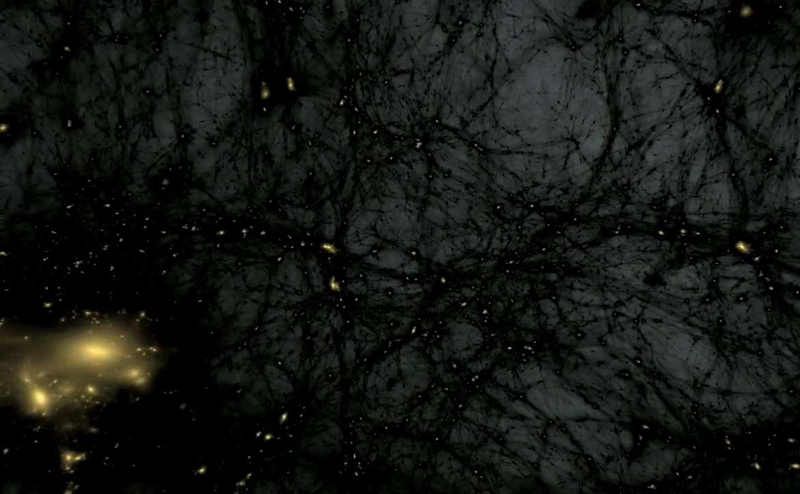WORKSHOP DESCRIPTION & SCHEDULE:
Dark matter is a pillar of the standard model of cosmology, making up one-quarter of the total mass/energy budget of the universe. Yet its fundamental particle nature remains unknown. The last decade has witnessed a surge of activity in exploring theories of dark matter beyond traditional Weakly Interacting Massive Particles. These theories often make distinctive predictions for the dark matter distribution on small, non-linear scales. In turn, these predictions can be probed by ongoing experiments, such as the Gaia satellite. This one-day workshop will explore novel theoretical ideas and new observational probes of dark matter.
Organizers: Lam Hui (Columbia) and Justin Khoury (Penn)
9:15AM – 9:30AM: Opening remarks
9:30AM – 10:15AM: Mariangela Lisanti (Princeton) – “Testing the nature of dark matter with galactic dynamics”
10:15AM – 11:00AM: Sergei Dubovsky (NYU) – “Looking for axions with astrophysical black holes”
11:30AM – 12:15PM: Risa Wechsler (KIPAC/Stanford & SLAC) – “Learning about dark matter from the smallest galaxies”
12:30PM – 1:30PM: Lunch (provided by WSF/Elsevier)
2:00PM – 2:45PM: Robyn Sanderson (Penn/CCA) – “Constraints on alternatives to cold dark matter from galactic dynamics”
2:45PM – 3:30PM: Neal Dalal (Perimeter) – “Probing dark matter with dusty galaxies”
4:00PM – 4:45PM: Erik Verlinde (Amsterdam) – “Can a theory of emergent gravity explain the dark matter phenomenon?”
Image credit: Ralf Kaehler and Tom Abel from KIPAC/SLAC











